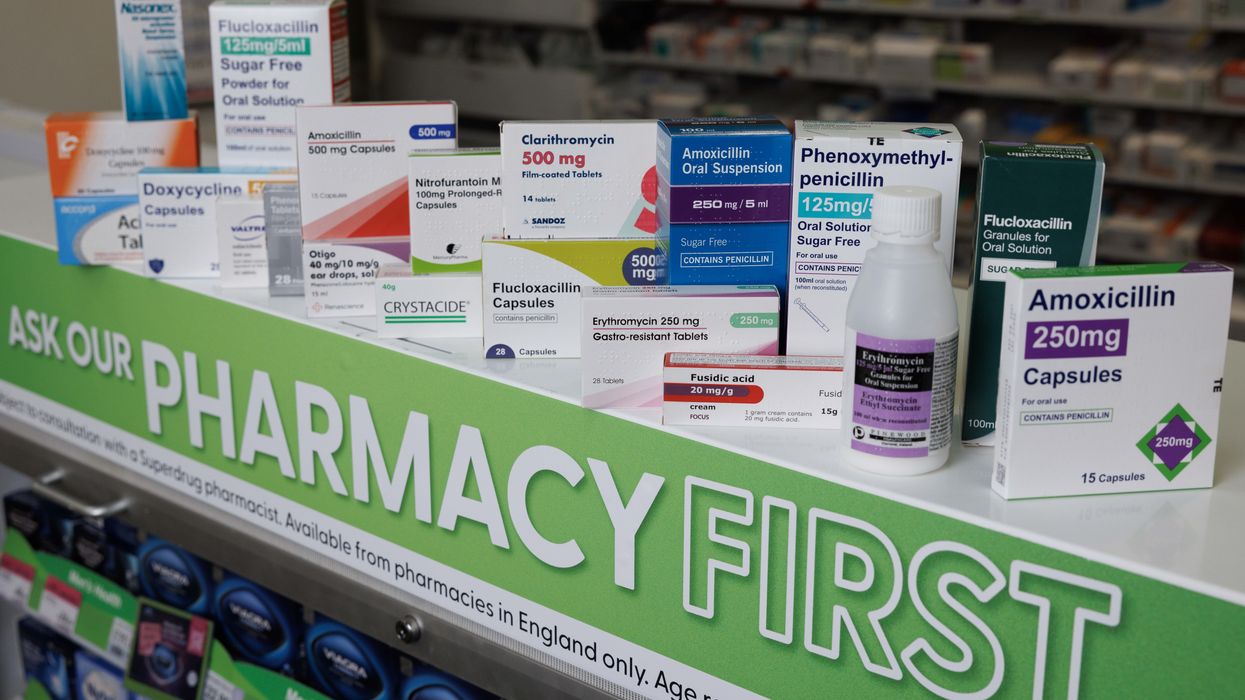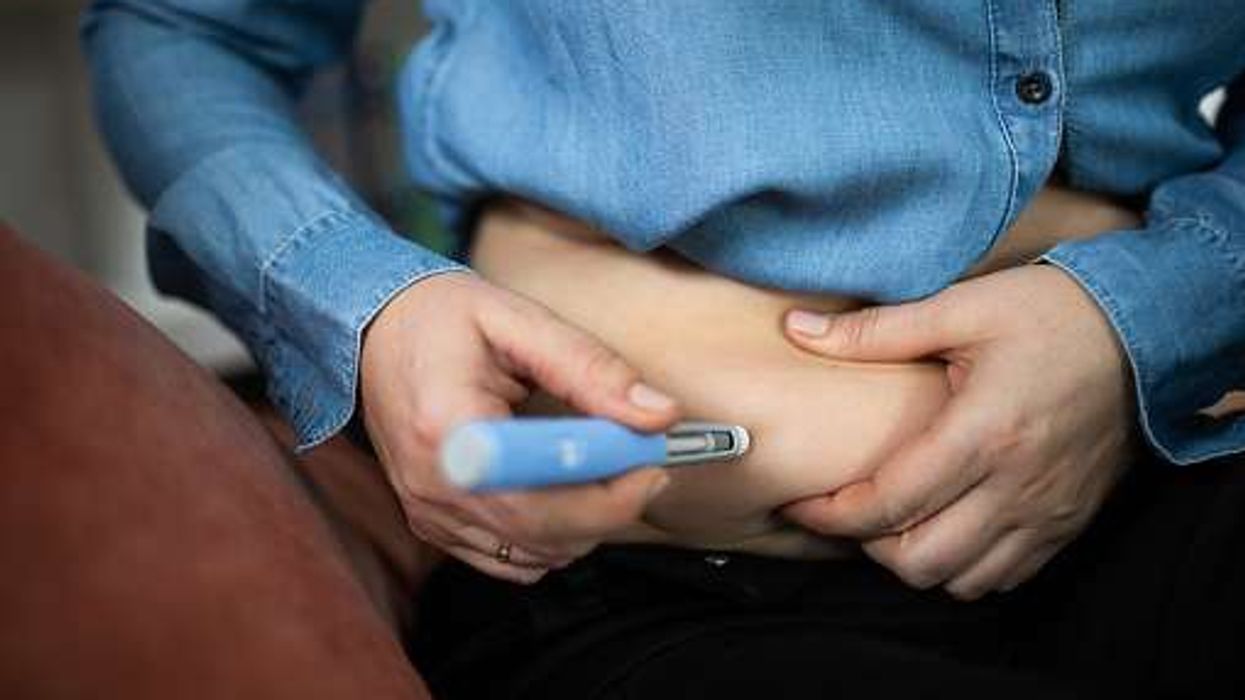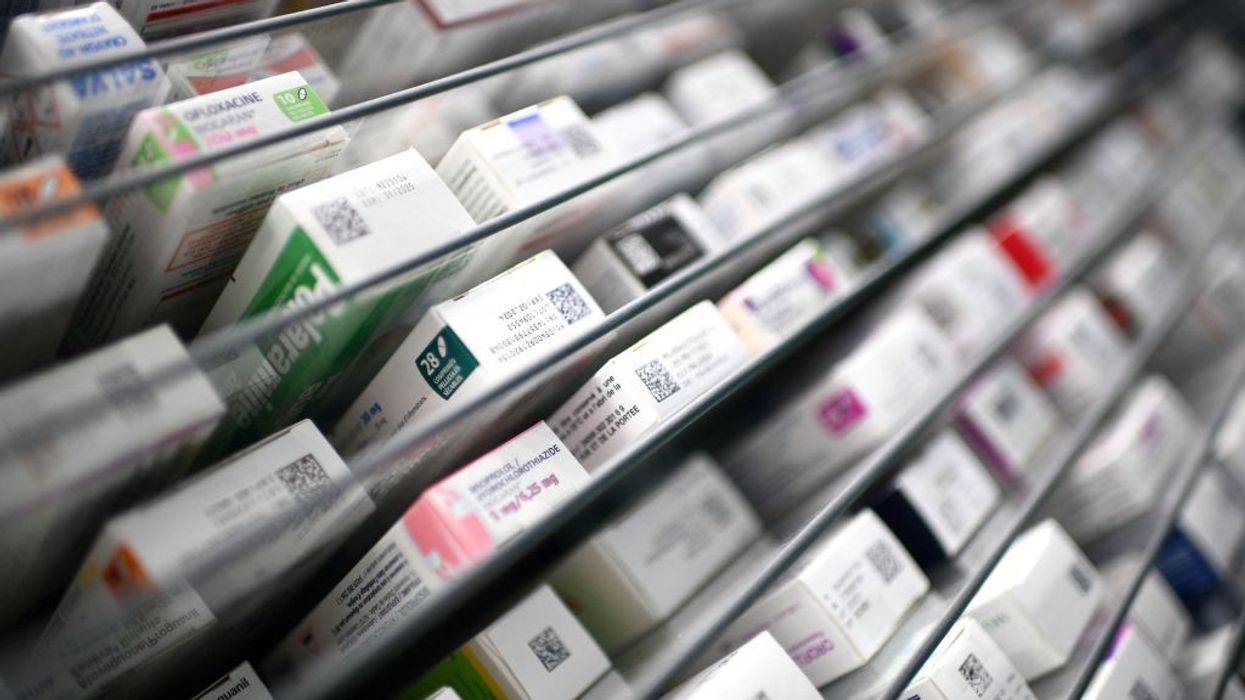The Guild of Healthcare Pharmacists also argues that the recommended pay uplift fails to account for rising costs such as mortgages, rent, utilities and food bills
The Department of Health and Social Care (DHSC) has proposed a 2.8% pay uplift for NHS Agenda for Change (AfC) staff, including hospital pharmacists, for the 2025/2026 pay round.
This recommendation was detailed in the DHSC’s submission to the NHS Pay Review Body (NHSPRB), which described the figure as “a reasonable amount to have set aside based on the macroeconomic data and forecasts and taking into account the fiscal and labour market context.”
NHS England also supported the 2.8% pay increase, stating that its proposal reflects “the likely NHS budget from discussions to date with DHSC and what was set out by HM Treasury in the Autumn Budget 2024.”
“We propose to set allocations for NHS planning on the basis of a 2.8% pay settlement. Every 0.5% increase above that costs around £700m; which is the equivalent to around 2% of elective activity (greater than 300k completed patient pathways),” it added.
However, Unite the Union, representing NHS staff, condemned the DHSC’s recommendation, called the proposed increase “an insult.”
Unite general secretary Sharon Graham said: “The NHS recruitment and retention crisis will not be solved without taking the issue of restorative pay seriously. The NHS still desperately needs to attract more workers after 14 years of below-inflation pay increases.”
“This latest below-inflation pay recommendation is an insult to dedicated NHS staff and further evidence that the [NHS] Pay Review Body is broken beyond repair.”
“Unite has long been saying that NHS pay concerns must be resolved through direct negotiations with government,” she added.
Unite also raised concerns that, if accepted, the proposal would leave over 200,000 NHS workers in grade two earning below the real living wage of £12.60 per hour for 2025.
Rob Connah, president of the Guild of Healthcare Pharmacists (GHP), pointed out that the 2.8% pay uplift does not address restorative pay for staff on Agenda for Change.
“Real-terms pay has been decimated for over ten years,” he said, stressing that any pay recommendation should take into account increasing costs, such as mortgages, rent, utilities and food bills in addition to inflation.
In July 2024, NHS staff received a 5.5% pay increase for 2024/2025, following the NHSPRB's recommendation.
Unite announced in September 2024 that two-thirds of its members had voted to approve the offer.
For the 2024 to 2025 pay round, the NHSPRB made three recommendations, including a headline pay uplift, a change to the progression within bands 8 and 9, and a funded mandate to the NHS Staff Council to address structural issues in the Agenda for Change contract.
The government accepted all three recommendations and has implemented the first two.
The DHSC reiterated its commitment to addressing the AfC pay structure issues.
“Government is currently operating within an extremely challenging fiscal position, and funding for the AfC pay structure has needed to be carefully considered alongside all other spending priorities.”
“To enable us to provide this funding in the 2025 to 2026 pay year, we intend to use a proportion of the overall funding that we have set aside to invest in AfC pay,” it stated.
Final pay recommendations for the 2025/2026 period will be announced after April 1, 2025.













